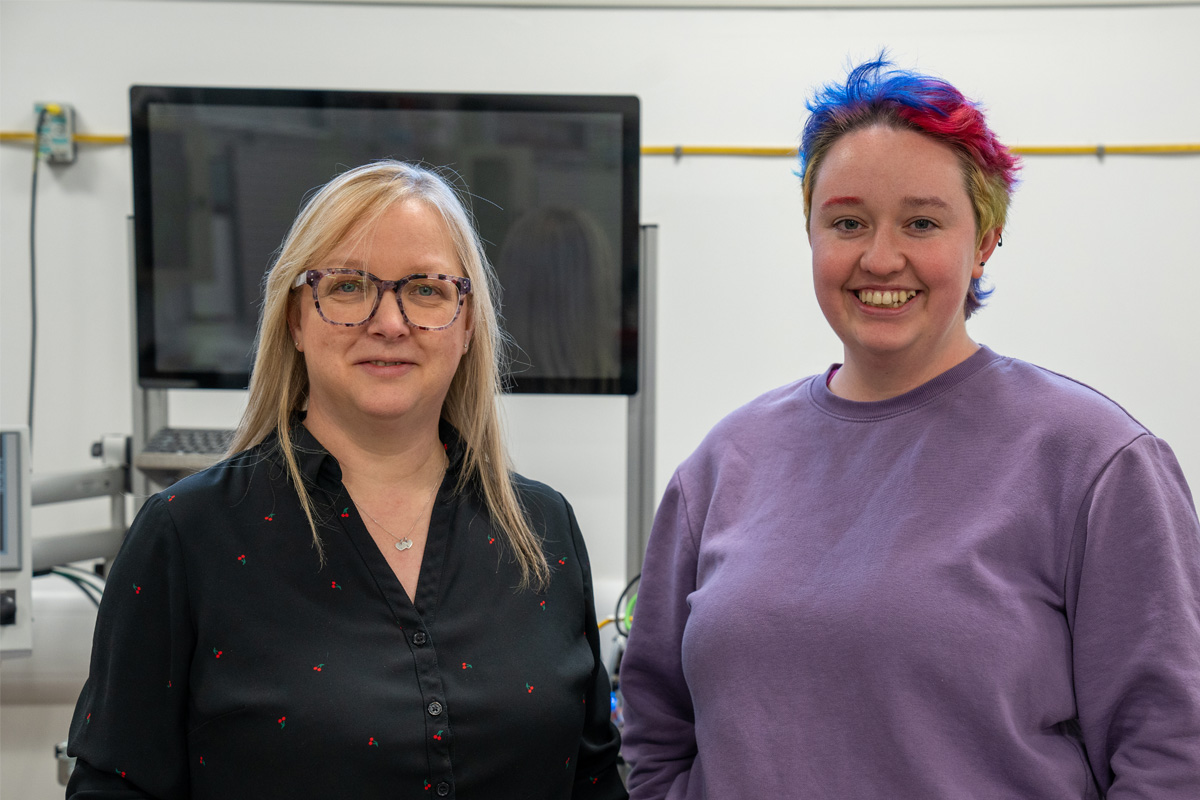FTSE Women Leaders Report | Gender Equality Boards & Leadership

Continuing growth in women’s representation at the top of British business but a step-change is needed by some companies to deliver gender balance
- With 42% Women on Boards of FTSE 350 companies, business is now reaping the rewards of diverse perspectives
- Women hold 35% of all Leadership roles in FTSE 350 companies and with less than two years to go business is urged to double down on its efforts to reach the target
- Just over half of FTSE 350 companies (56%)have achieved or are well on their way to achieving gender balance but others have work to do – almost half of all available appointments now need to go to a woman to meet the 40% Women in Leadership target by the end of 2025
The FTSE Women Leaders Review, the independent business-led initiative, backed by the Government and sponsored by Lloyds Banking Group and KPMG, which is focused on increasing women’s representation on the Boards and Leadership Teams of the FTSE 350 and the UK’s 50 biggest private companies, today reported steady progress in the number of women at the top of British business as it closed out year three of its five-year term.
Women on Boards and in Leadership: women’s representation on FTSE 350 Boards saw further gains reaching an all-time high of 42% with Women in Leadership increasing to 35%. Over half of FTSE 350 companies have met or are on their way to reaching the goal of 40% Women in Leadership, whilst others need to pick up the pace. Gender balance at the top of British business is clearly in sight but the job is not yet done.
The appointment rate of women to leadership roles still leans in favour of men with more than six out of every ten vacancies in the year being awarded to a man. To meet the 40% target for Women in Leadership as well as on Boards by the end 2025 deadline, this will need to change. Over the next two years, almost every other appointment will need to go to a woman.
Women in the four key roles: further positive progress was reported in the drive to have at least one of the four key decision-making roles of Chair, CEO, Senior Independent Director (SID) and Finance Director held by a woman by 2025. As women’s representation on FTSE 350 Boards goes from strength to strength, the number of women in the SID role, which plays an important part in board governance, has increased significantly from 37% to 47% year-on-year.
Although there were several new appointments in the year, progress in the Chair and CEO role across the FTSE 350 has remained largely flat with marginal gains offset by losses elsewhere. There are, however, encouraging indicators of progress to come with the number of women on FTSE 100 Executive Committees reaching 30% and a welcome uplift to around a quarter of all FTSE 100 Finance Director and Chief Information Officer roles now being held by women – roles that are increasingly recognised as important career routes to CEO.
Top 50 private companies: the second year of reporting for the Top 50 private companies, in which diversity expectations are aligned with those of public-listed companies, shows a good increase in the representation of Women in Leadership to 36%, while progress for Women on Boards is at 31% and has remained flat in the year.
International comparisons: the transformation of British boardrooms that is well underway is borne out in the international rankings where the UK ranks second only to quota-led France and ahead of Norway cementing its reputation as a world leader for Women on Boards. With 350 public-listed companies and almost 3000 board seats in scope, the UK out-runs most of its international counterparts in scale and ambition with progress achieved through entirely voluntary action and commitment from business.
Penny James and Nimesh Patel, Co-Chairs of the FTSE Women Leaders Review, said:
“Over the last year we have seen continued progress in delivering gender balance across UK companies which is testament to the commitment and determination of business leaders. Whilst the number of women in senior executive roles has increased, we now need a step-change in the rate of improvement to reach our goal of 40% women’s representation at the top of industry in the next two years. Given the cadre of talented women and the collective focus on building greater diversity of perspectives we believe that this is wholly achievable and look forward to working with businesses to deliver on our ambitions.”
Denise Wilson, CEO of the FTSE Women Leaders Review, said:
“Over the last decade we have seen near revolutionary change in the culture and dialogue at the top of British business with diversity in leadership now viewed as a business imperative that is key to long term success. Whilst we have the strongest ever supply of experienced, capable women ambitious for themselves
and for their organisations, the appointment rate is still skewed in favour of men. To fuel further, faster progress and deliver gender balance this will need to change.”










Responses